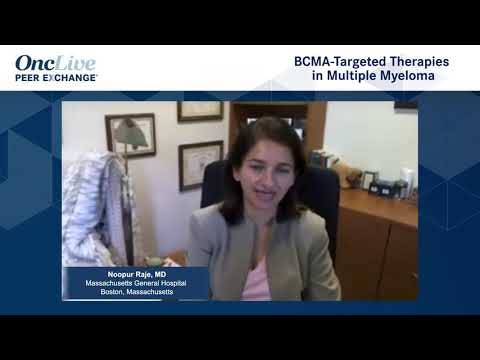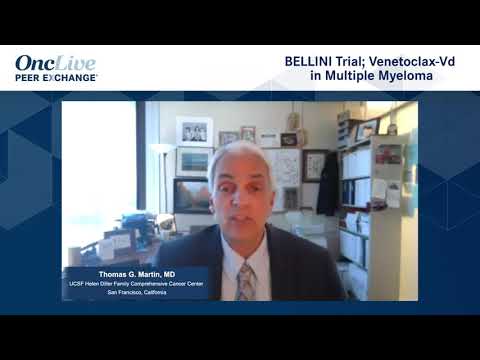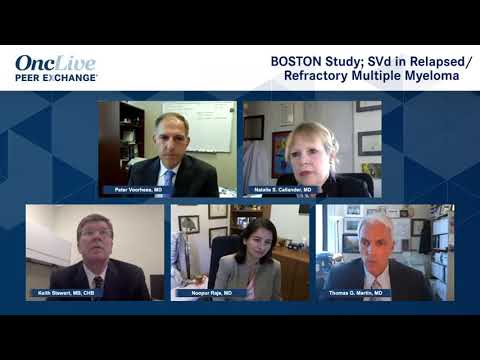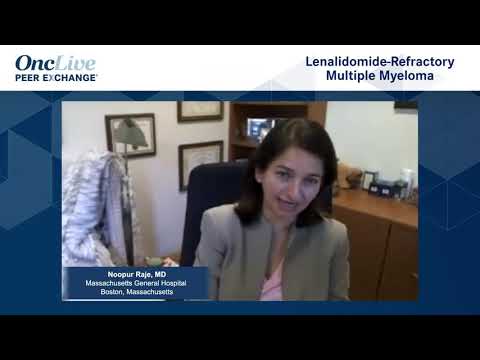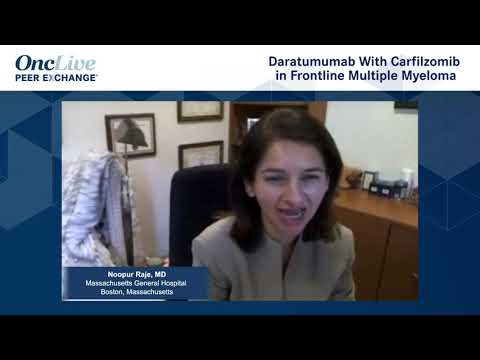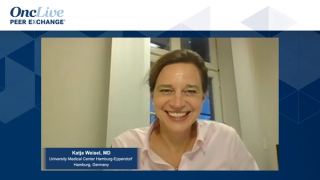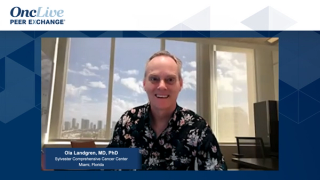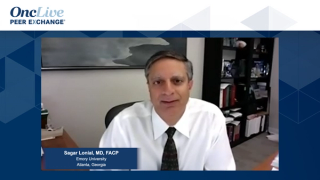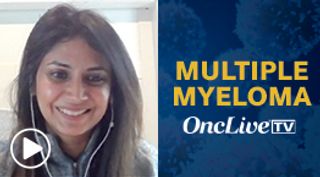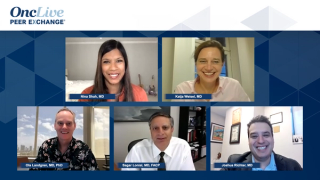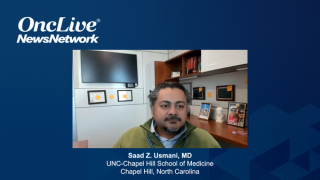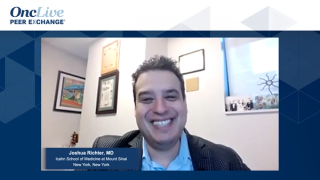
Multiple Myeloma
Latest News
Latest Videos

CME Content
More News
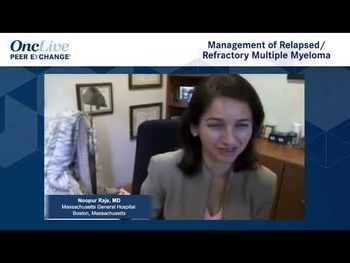
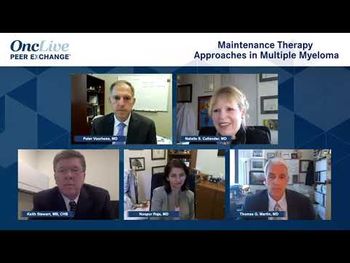
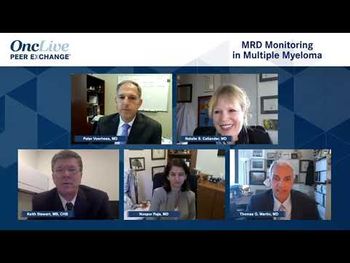
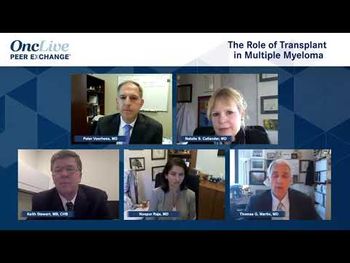
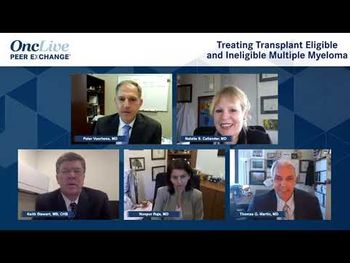
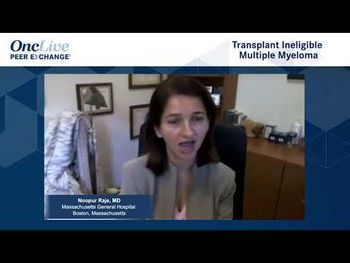
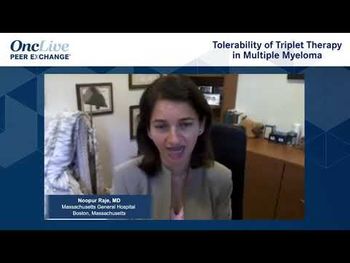
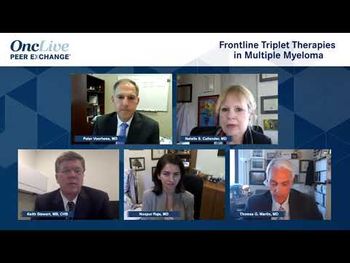

The FDA’s Oncologic Drugs Advisory Committee voted 12 to 0 in favor of approving belantamab mafodotin for the treatment of patients with relapsed/refractory multiple myeloma who have previously received at least 4 prior therapies, including an immunomodulatory drug, a proteasome inhibitor, and a CD38-directed antibody.
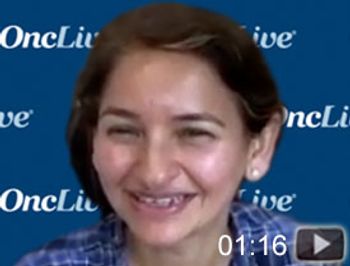
Noopur S. Raje, MD, discusses the design of the randomized phase 3 ENDURANCE trial in newly diagnosed multiple myeloma.
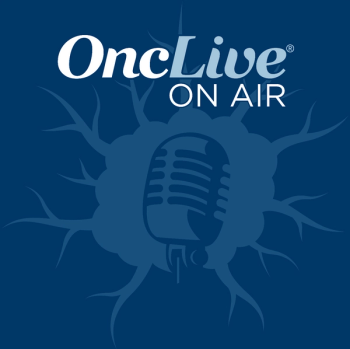
In our exclusive interview, Dr. Cho and Dr. Ghobrial discuss the inspiration for the MMRF CureCloud, how it advances precision medicine, and the long-term goals of the study for patients and physicians alike.
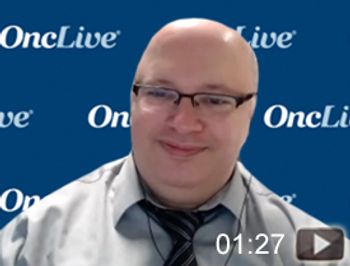
Luciano J. Costa, MD, PhD, discusses the design of a phase 1 first-in-human study with CC-93269 in relapsed/refractory multiple myeloma.
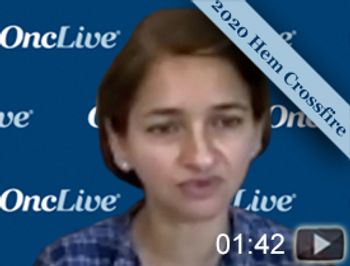
Noopur Raje, MD, discusses the current challenges faced in the multiple myeloma treatment paradigm.
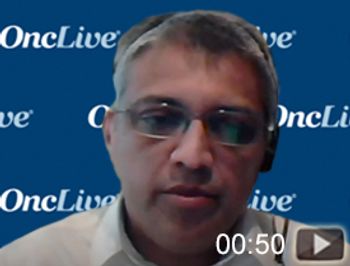
Shaji Kumar, MD, discusses the rationale behind the phase 3 ENDURANCE trial, which is comparing carfilzomib, lenalidomide, and dexamethasone with bortezomib, lenalidomide, and dexamethasone in newly diagnosed multiple myeloma.
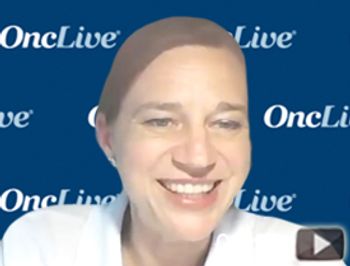
Katja Weisel, MD, discusses the interim analysis of the phase 2 GMMG-Concept trial with isatuximab-irfc in combination with carfilzomib, lenalidomide, and dexamethasone in high-risk patients with newly diagnosed multiple myeloma.
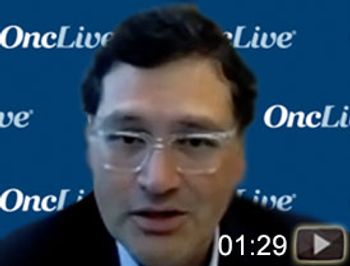
Jesus G. Berdeja, MD, discusses the dosing of the investigational CAR T-cell product JNJ-4528 in patients with relapsed/refractory multiple myeloma.
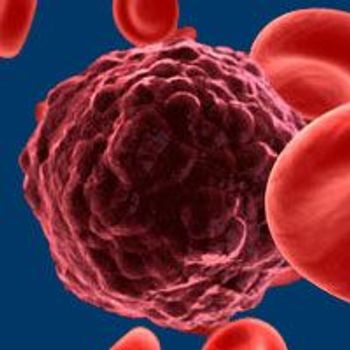
The FDA has issued a clinical hold on the phase 1 MELANI-01 trial evaluating the CAR T-cell product UCARTCS1A in the treatment of patient with relapsed/refractory multiple myeloma.
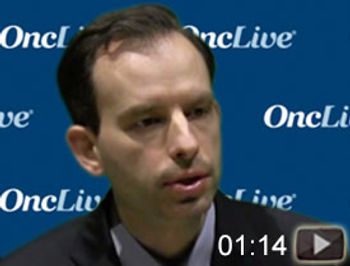
Marc J. Braunstein, MD, PhD, discusses the utility of maintenance therapy in patients with multiple myeloma.
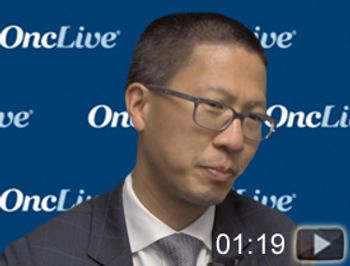
Andrew Yee, MD, discusses the utility of isatuximab-irfc in relapsed/refractory multiple myeloma.
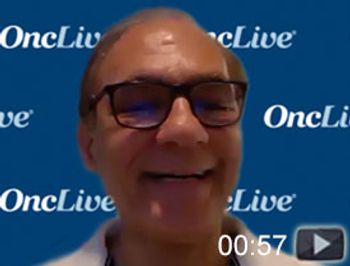
Nikhil C. Munshi, MD, discusses T-cell persistence with idecabtagene vicleucel demonstrated in the phase 2 KarMMA trial in patients with relapsed /refractory multiple myeloma.

C. Ola Landgren, MD, PhD, discusses the efficacy of idecabtagene vicleucel in the treatment of patients with relapsed/refractory myeloma.
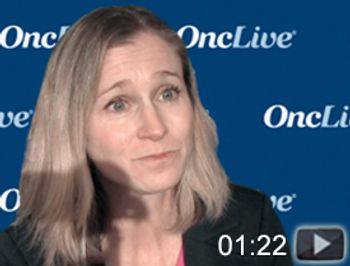
Caitlin Costello, MD, discusses the role of daratumumab in multiple myeloma.
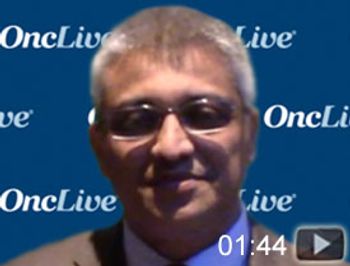
Shaji K. Kumar, MD, discusses stem cell mobilization multiple myeloma.
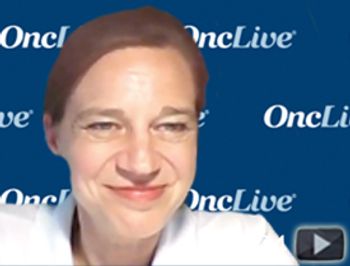
Katja Weisel, MD, discusses the safety profile of isatuximab-irfc in combination with carfilzomib, lenalidomide, and dexamethasone in high-risk patients with newly diagnosed multiple myeloma.

C. Ola Landgren, MD, PhD, discusses investigational cellular therapies in multiple myeloma.


